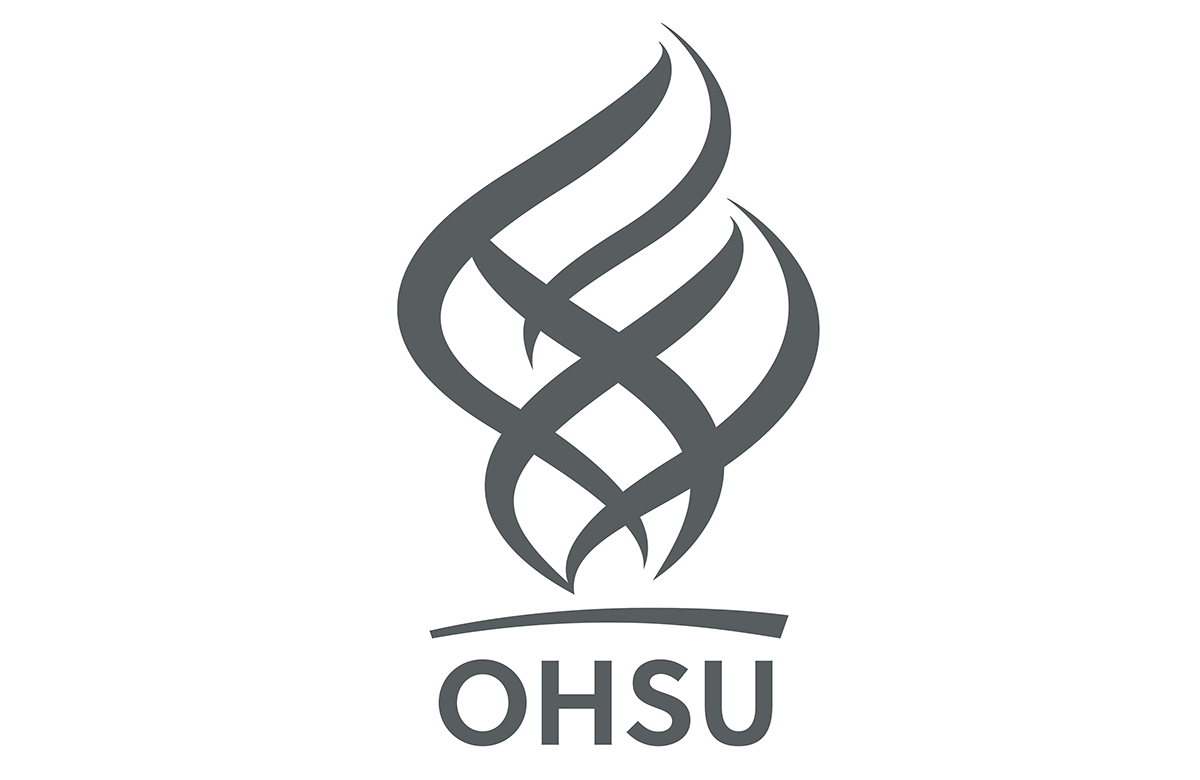OHSU UCEDD Trainee Develops Period Education Guide to Help Young people With and Without Disabilities Navigate Puberty and Periods
Thursday, June 20, 2024
Periods are a natural part of growing up for many people. However, periods, puberty, or other sexual health education topics can be subjects that people avoid talking about. Young people with intellectual and developmental disabilities (I/DD) have been historically excluded from these conversations, and often don’t receive the same form of sexual health education as their typically developing peers. Only five states require that sex education curriculum be accessible for youth with disabilities, and just three states explicitly include them in these programs1.
Occupational therapy student and Oregon Health & Science University (OHSU) UCEDD trainee Noelle Vidak became curious about access to sexual health resources for youth with disabilities during her coursework studying sex for those with physical injury, like spinal cord injury. While completing her fieldwork rotation in an outpatient setting, she discovered that parents and primary caregivers of children with I/DD approaching puberty were worried about navigating menses.
As part of her doctoral capstone experience at Pacific University, Noelle developed the Period Education Guide as an inclusive tool to fill this gap in access and support young people with and without disabilities in learning about and managing their periods.
The guide addresses many of the common questions that come up about puberty, periods, and sexual health. It also includes information, resources, and strategies that can be used by young people or support providers, like caregivers, educators, or healthcare providers, to improve the experiences of periods for young people who menstruate and their caregivers. Download the full resource, or select individual sections as needed.
Access the Period Education Guide here at no cost.
The Period Education Guide was co-authored by Dr. Alisa Jordan Sheth, capstone faculty advisor and assistant professor at the School of Occupational Therapy at Pacific University, and Lindsay Sauvé, capstone site mentor and Program and Evaluation Manager for the University Center for Excellence in Developmental Disabilities (UCEDD) in the Institute on Development and Disability at OHSU.
Individual sections are also available for download as needed. If you have questions about this resource, contact Lindsay Sauvé at [email protected].
References:
- Holmes, L. G. (2021). Comprehensive sex education for youth with disabilities: A call to action. SIECUS: Sex Ed for Social Change.
